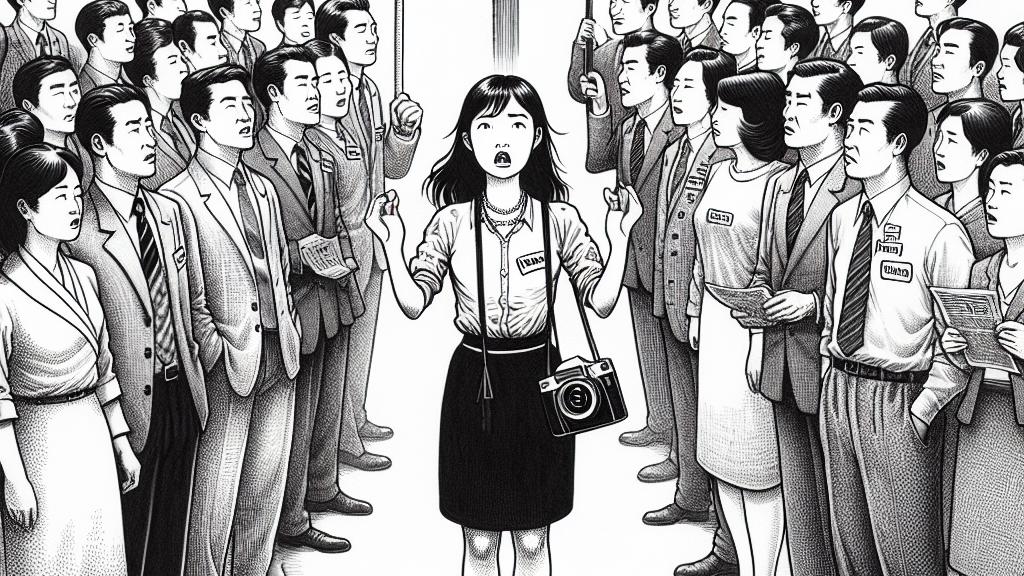The Debate Over Selective Married Surnames and Freedom of Choice
Overview
- A comprehensive look at the implications of selective married surname options in Japan today.
- An analysis of how genuine freedom of choice can be hindered by societal expectations and cultural norms.
- Exploring children's unique perspectives on family names and their impact on family dynamics.

Context of the Debate
Japan is currently at a crossroads regarding the issue of selective married surnames, and this debate is as vibrant as it is contentious. Under the existing law, when couples marry, they are required to choose one surname—usually the husband’s—potentially erasing a woman’s identity and career. Imagine a successful photographer, Yuki, who has cultivated a reputation under her name, losing that recognition simply by signing a marriage contract. Such a scenario raises critical questions about individuality and equality in a modern society. By allowing couples to select their surnames, the legal system could support personal identities and foster partnerships built on mutual respect.
Skepticism About Freedom of Choice
While the prospect of selective surnames is appealing, skepticism remains about the authenticity of such freedom in practice. Quite often, individuals worry that choosing a non-traditional surname might invite unsolicited judgment or scrutiny from family and friends. Take, for instance, a couple like Riku and Mei; if Mei opts to keep her surname, some might whisper doubts about her commitment to family values. This apprehension highlights a significant cultural barrier; despite the legal framework that might promote choice, societal norms can still impose rigid expectations. Thus, without a cultural shift to support these choices, freedom remains an illusion for many—even when options exist.
Children's Perspectives on Family Names
The impact of choosing surnames doesn’t merely affect couples; it trickles down to children, who often have surprising insights into family dynamics. For instance, during a school project, 10-year-old Sora might express indifference about having different last names from both parents, saying, 'What matters is love, not names.' This perspective reveals a refreshing openness among younger generations. However, not all children react similarly; some express anxiety over having a different surname, fearing it might set them apart socially. As one thoughtful young girl observed, 'Having different last names makes us feel like we don’t belong together.' These reflections underscore the need for an inclusive approach in society—one that acknowledges diverse family structures and helps children feel secure in their identities, ultimately nurturing a more accepting future.

Loading...